In healing and comfort, therapy cats have emerged as unsung heroes, offering solace, companionship, and even physical health benefits to patients in hospitals and other care settings. The unique temperament, sociability, and empathetic nature of certain cat breeds make them particularly suited for therapeutic roles. These cats can lower stress levels, decrease blood pressure, and provide comfort and normalcy in the often sterile and impersonal hospital environment. This article delves into the top six cat breeds known for their exceptional ability as therapy and comfort animals in hospitals. Each breed brings the traits that make it uniquely equipped to offer emotional support and comfort to those in need, demonstrating the profound impact that animals can have on human health and well-being.
1. Ragdoll
The Ragdoll is renowned for its docile and placid temperament, making it an ideal candidate for hospital therapy work. Known as the “gentle giants” of the cat world, Ragdolls possess a calm demeanor perfect for interacting with patients of all ages. They tend to go limp with pleasure when held, mirroring the relaxed state they encourage in those around them. This breed’s large, soft body and affectionate nature can provide patients immense comfort and a sense of safety, helping reduce anxiety and promote a healing environment. Ragdolls are also known for adapting to various environments and situations without stress, making them reliable companions for therapy sessions and hospital visits.
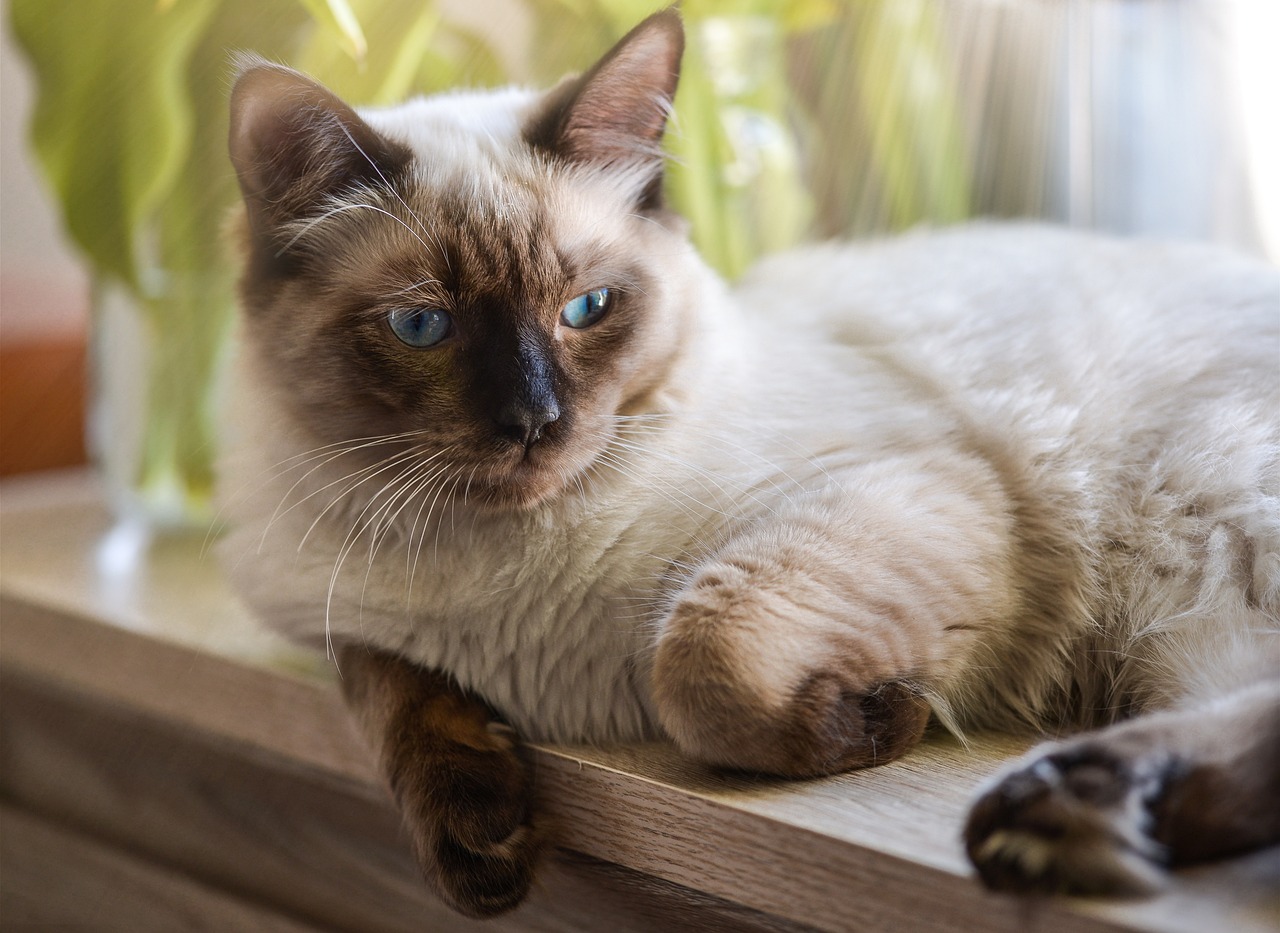
2. Maine Coon
Maine Coons are not only one of the giant domesticated cat breeds but also one of the most pleasant and friendly traits that make them excellent therapy cats. Their gentle and playful nature can bring joy and laughter to hospital environments, offering a welcome distraction from illness and treatment. Maine Coons are known for their intelligence and trainability, allowing them to participate in therapeutic activities and interact with patients in a meaningful way. Their thick fur and large size provide a comforting presence that can help soothe and relax patients, making them feel more at home in a hospital setting. The breed’s friendly demeanor ensures they are comfortable around new people, making them well-suited for the diverse interactions required in therapy work.
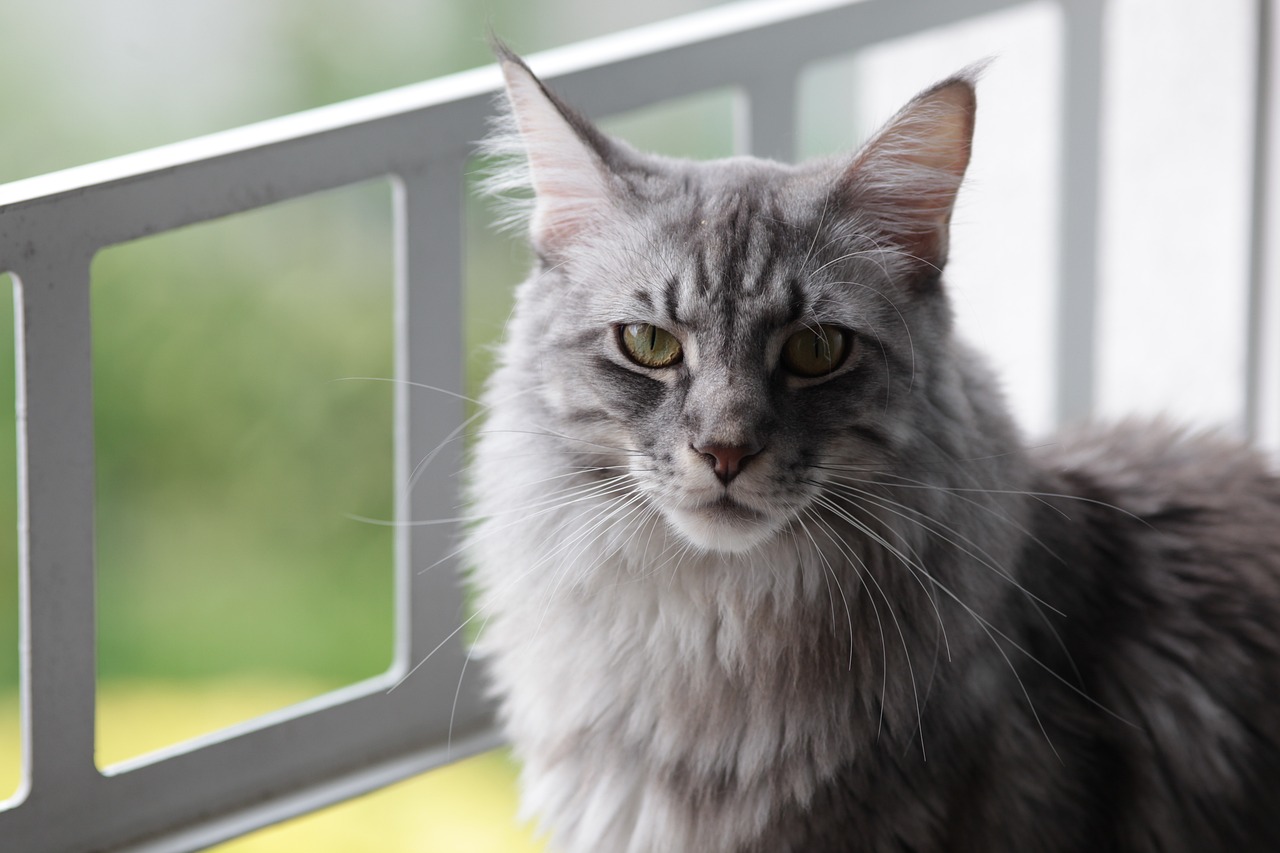
3. Siamese
With their striking blue eyes and vocal nature, Siamese cats offer a unique form of therapy and comfort. They are incredibly social and form strong bonds with humans, making them natural companions for those needing emotional support. Siamese cats are known for their ability to communicate with their human friends, providing physical comfort and engaging interaction that can help alleviate feelings of loneliness and isolation in hospital settings. Their playful and affectionate demeanor can brighten the days of patients, while their sensitivity to human emotions makes them adept at providing comfort when it’s most needed. The Siamese breed’s loving and interactive nature makes it a valuable addition to any therapeutic program, helping to enhance the well-being of patients through companionship and engagement.
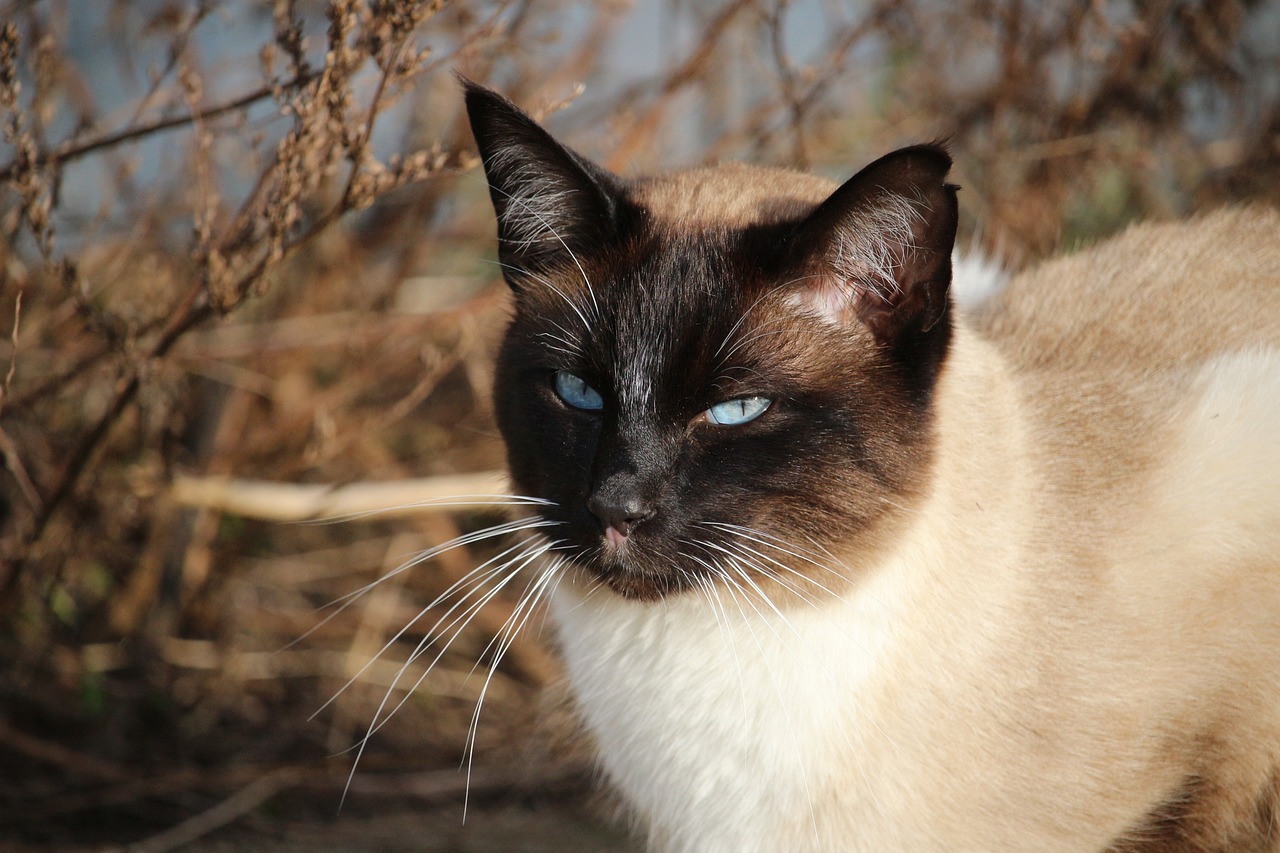
4. British Shorthair
The British Shorthair, with its round face and dense coat, is a breed known for its calm and dependable nature, making it an excellent therapy cat. These cats are incredibly patient and tolerant, qualities that are essential when interacting with various patients, including children and the elderly. British Shorthairs tend to be very affectionate and enjoy being close to humans, offering quiet support without demanding constant attention. Their sturdy build and easygoing temperament make them well-suited for hospital visits, where they can provide comfort and stability in what can often be a stressful environment. The breed’s friendly disposition and ability to remain composed under stress contribute to its effectiveness as a therapy cat, offering a soothing presence to those in need.
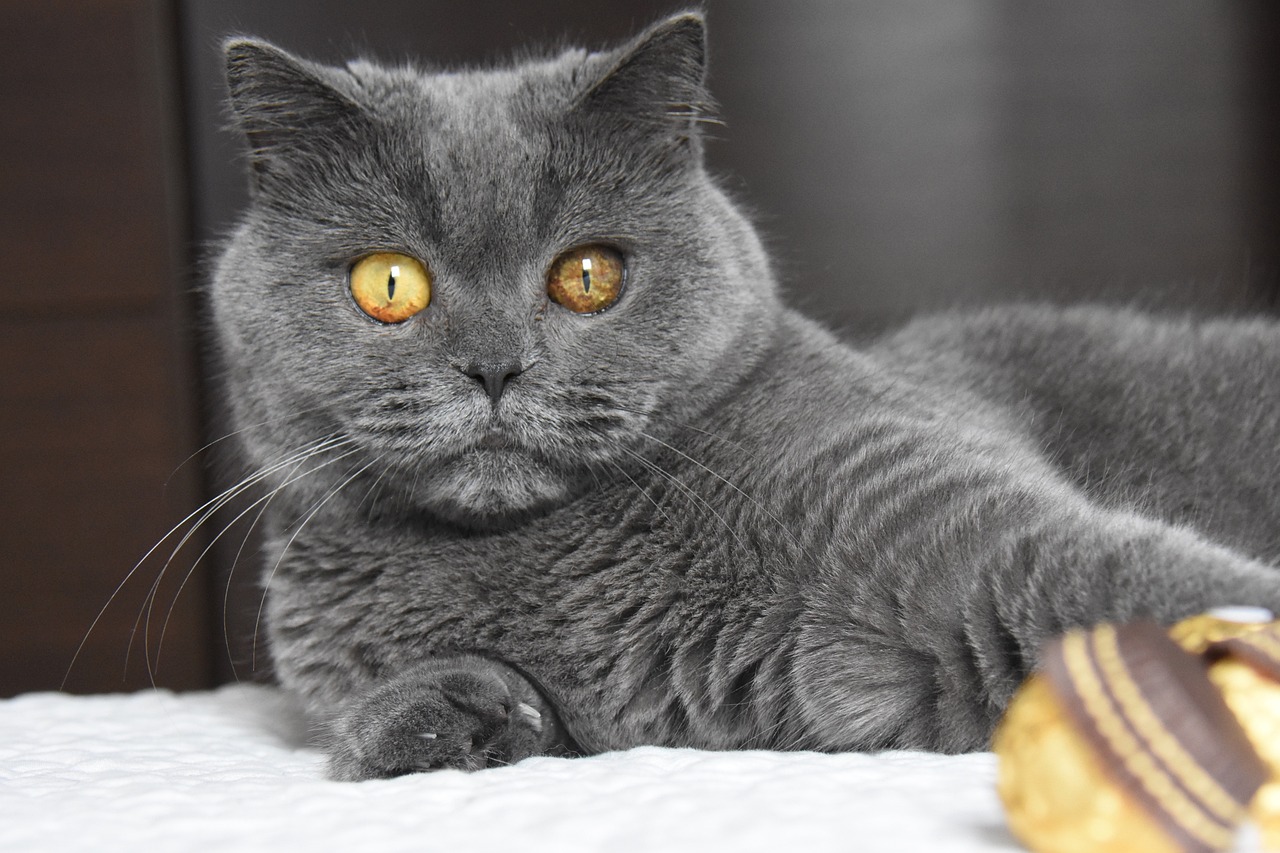
5. Persian
Persians are well-loved for their serene and gentle nature, which makes them excellent therapy cats. Their long, luxurious fur offers a tactile comfort that can be particularly soothing for patients, inviting petting and close interaction that can reduce stress and promote relaxation. Persians are known for their quiet and laid-back demeanor, preferring to sit and cuddle rather than engage in high-energy play, making them suitable companions for patients who are bedridden or have limited mobility. Their sweet and loving nature helps to create a warm and comforting atmosphere, aiding in emotional support and healing. Persians’ ability to bond with their human companions and provide quiet, unobtrusive comfort makes them invaluable in therapeutic settings, especially for patients needing a gentle and calming presence.
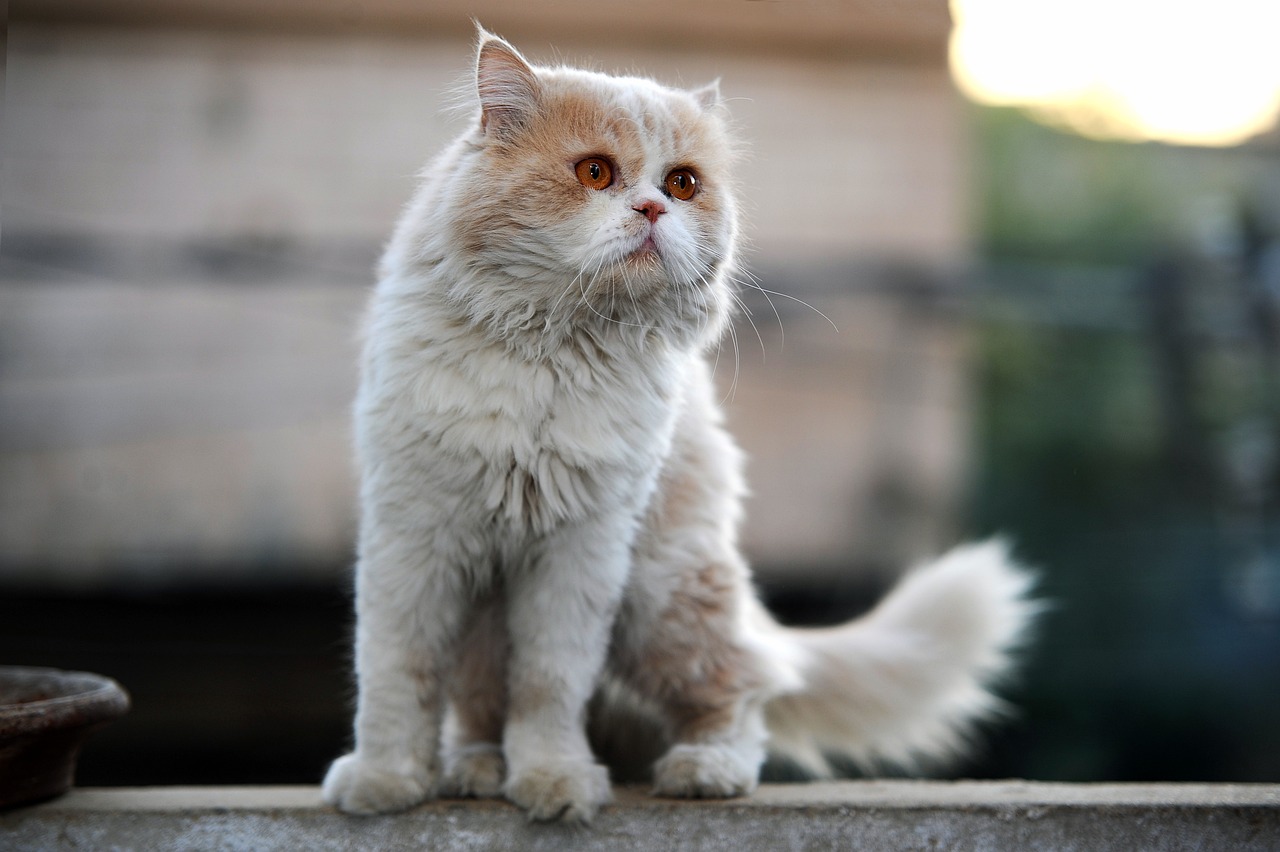
6. Sphynx
With its unique appearance and lack of fur, the Sphynx offers a distinct form of therapy that can be particularly engaging for patients. Known for their extroverted and affectionate nature, Sphynx cats thrive on human interaction and are always eager to be involved in activities and cuddling sessions. Their warm and smooth skin provides a different tactile experience that can be comforting and intriguing for patients, promoting a sense of curiosity and interaction. Sphynx cats are highly sociable and possess a playful demeanor that can bring laughter and lightness to hospital rooms, helping to lift the spirits of patients and staff alike. Their energetic and loving personality, combined with their unique look, makes them standout therapy cats, capable of providing emotional support and a welcome distraction from the hospital environment.
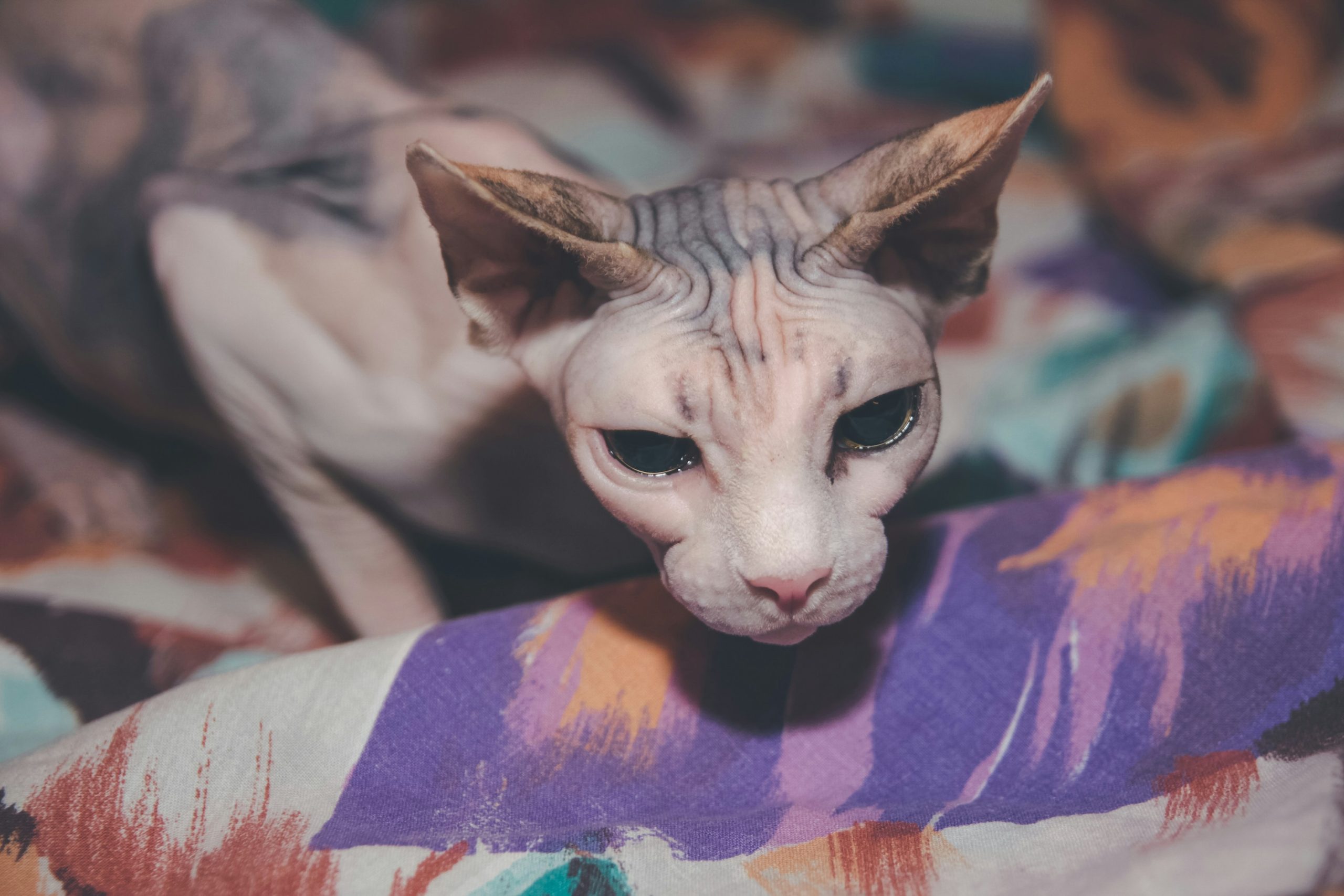
These six cat breeds each bring unique qualities to the realm of therapy and comfort in hospitals, demonstrating the diverse ways cats can contribute to human healing and well-being. From the gentle embrace of a Ragdoll to the playful interaction with a Sphynx, these breeds offer a range of therapeutic benefits that can make a significant difference in patients’ lives. The presence of a therapy cat can provide emotional support, reduce stress and anxiety, and offer a sense of companionship that is invaluable in a hospital setting. By understanding the specific traits that make these breeds effective in therapeutic roles, hospitals, and therapy programs can better harness the power of pets in promoting health, happiness, and healing.

